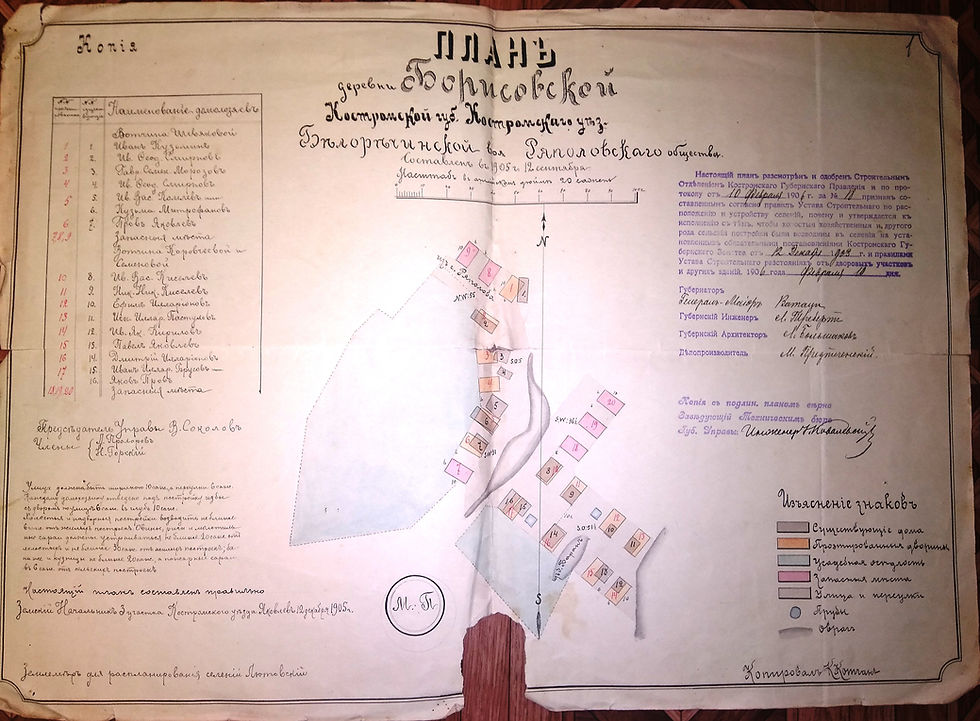Translate, check, check again!
- Yelena McCafferty

- Aug 21, 2015
- 3 min read
Updated: Nov 3, 2024
One of the favourite statements going round among translators was made by Willy Brandt, the former West German chancellor: "If I am selling to you, I speak your language. If I am buying, dann müssen Sie Deutsch sprechen." Even if you don’t speak a word of German, the message is fairly obvious: in global trade it’s important to speak the local language of the buyer.
It’s very encouraging to see companies around the world going into the effort of translating their websites and marketing literature into other languages to grow internationally. And you don’t need to physically produce something to win international customers: service industries perform well globally too. And what is a more natural area serving foreign language clients other than tourism!
Many cities around the world run a very popular sightseeing bus service, available in various languages, with leaflets and audio guides to tell visitors about what their amazing cities have to offer. You may be a discerning frequent traveller or go on holiday overseas only once a year, the truth is you can’t learn the language of every country you go to so these guides in your language are extremely helpful. But how disappointed was I to see a sightseeing bus in Dublin this August which, amongst other languages, offered Russian and yet managed to misspell the word “Russian” itself!

Sightseeing bus in Dublin makes a language error.
Another colleague in Talk Russian’s team sent me a leaflet advertising a sightseeing bus in Vienna, where the Russian version reads as if it had gone through a machine translator.

The Russian translation of this leaflet wasn't done professionally.
If you have a sense of humour, you will find such slips entertaining, but as a brand you couldn't have made a more serious blunder. To go into the effort of having your literature translated and to end up making the wrong impression on thousands of potential customers is pretty disastrous. If I wanted to go on a sightseeing tour and saw the bus misspelling one of the languages I speak, I would most probably consider another option: I could never be sure the audio guide would meet my expectations of a professional service.
Most of these marketing errors come from over-reliance on Google Translate, of course. And even if companies had their product information duly translated using a human translator and then made last minute changes, let’s say, one word, a quick copy of the new word translated by Google won’t save your bacon. Let’s take this T-shirt label. It says “Made in India”.

Изготовлено в Индии.
The company most likely translated a certain number of product templates before but, as it happens, suppliers keep changing. It may be made in India now, but it could have been made in Turkey before. By running the word “India” in Google Translate and then copying the Russian for "India" into the phrase will not result in a correct sentence. In Russian nouns have endings depending on a case, so where the label says “Изготовлено в Индия» should instead read «Изготовлено в Индии». Another fail.
The bottom line is technology is there to help us and it’s difficult to name an industry these days where technology is not present. But every technology needs a human contribution and in these examples a simple proofreading job by a professional translator would have saved the companies a lot of problems and embarrassment.
[Tip: for all your Russian language requirements, call us on 0207 0436940 or email enquiry@talkrussian.com.]


Comments